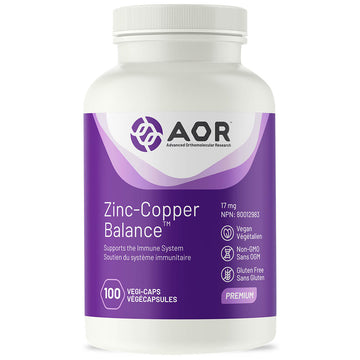Vegan Supplements for Hair
(184)
There are several nutrients that are important for maintaining healthy hair, including:
Protein: Protein is an essential nutrient that is important for building and repairing tissues, including hair. Vegans can increase their protein intake by consuming plant-based protein sources such as legumes, nuts, seeds, and grains.
B-vitamins: B-vitamins, such as B-12, B-6, and biotin, are important for maintaining healthy hair. Vegans can increase their B-vitamin intake by consuming fortified foods, such as plant-based milks, cereals, and nutritional yeast, and by taking supplements as needed.
Iron: Iron is a mineral that is important for carrying oxygen to the body's tissues and may be helpful in preventing hair loss. Vegans can increase their iron intake by consuming iron-rich plant-based foods, such as legumes, nuts, and whole grains, and by taking supplements as needed.
Zinc: Zinc is a mineral that is important for immune function and wound healing and may be helpful in preventing hair loss. Vegans can increase their zinc intake by consuming zinc-rich plant-based foods, such as legumes, nuts, and whole grains, and by taking supplements as needed.
It's important to note that while supplements can be helpful in ensuring adequate nutrient intake, they are not a substitute for a well-balanced diet that includes a variety of nutrient-rich plant-based foods. If you have specific concerns about your nutrient intake as a vegan, it's important to speak with a healthcare provider or a registered dietitian for personalized advice. They can help determine if a supplement is necessary and, if so, recommend the appropriate dose and duration of treatment.
Protein: Protein is an essential nutrient that is important for building and repairing tissues, including hair. Vegans can increase their protein intake by consuming plant-based protein sources such as legumes, nuts, seeds, and grains.
B-vitamins: B-vitamins, such as B-12, B-6, and biotin, are important for maintaining healthy hair. Vegans can increase their B-vitamin intake by consuming fortified foods, such as plant-based milks, cereals, and nutritional yeast, and by taking supplements as needed.
Iron: Iron is a mineral that is important for carrying oxygen to the body's tissues and may be helpful in preventing hair loss. Vegans can increase their iron intake by consuming iron-rich plant-based foods, such as legumes, nuts, and whole grains, and by taking supplements as needed.
Zinc: Zinc is a mineral that is important for immune function and wound healing and may be helpful in preventing hair loss. Vegans can increase their zinc intake by consuming zinc-rich plant-based foods, such as legumes, nuts, and whole grains, and by taking supplements as needed.
It's important to note that while supplements can be helpful in ensuring adequate nutrient intake, they are not a substitute for a well-balanced diet that includes a variety of nutrient-rich plant-based foods. If you have specific concerns about your nutrient intake as a vegan, it's important to speak with a healthcare provider or a registered dietitian for personalized advice. They can help determine if a supplement is necessary and, if so, recommend the appropriate dose and duration of treatment.

























